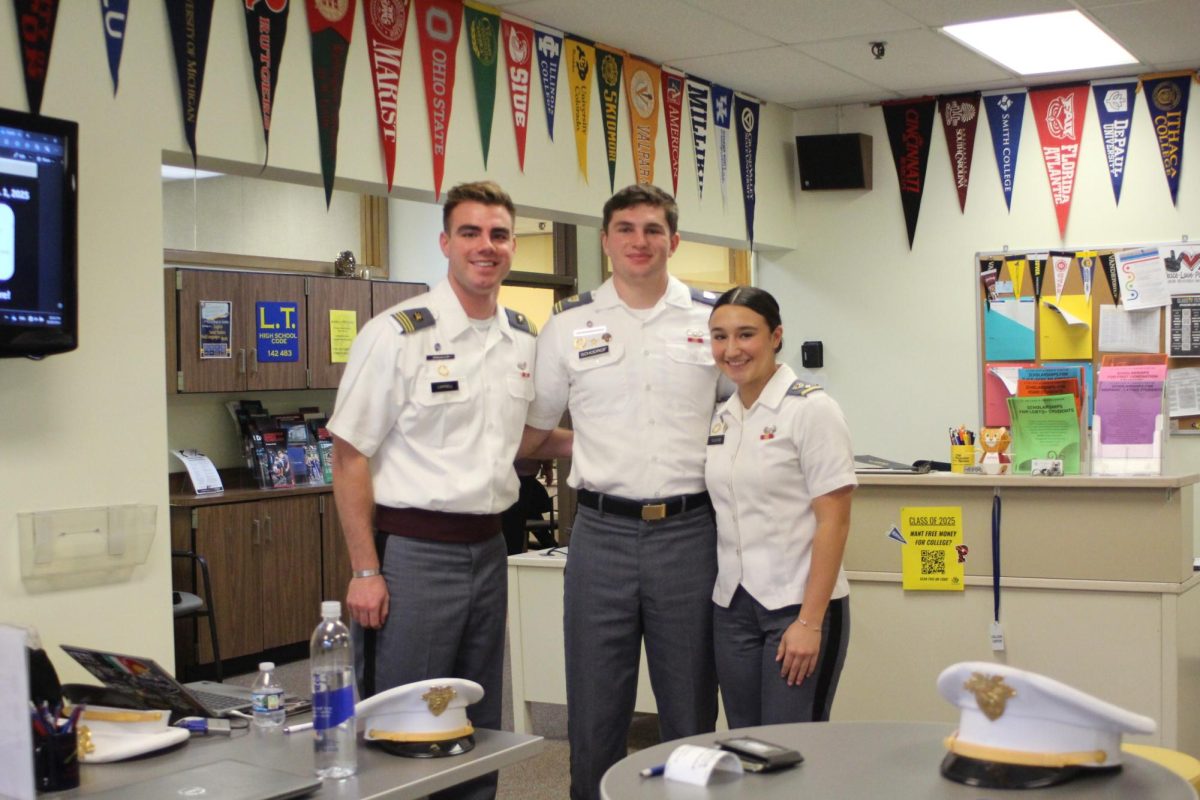The Armed Services Vocational Aptitude Battery (ASVAB) Test was administered to LT students recently, as is done every year, but the test was first introduced in 1968. It is designed to determine future positions for those who are looking to enroll in the Armed Services. All potential prospects who are looking to enlist are required to complete the ASVAB Test unless enrolling in the West Point Cadet School or the Reserve Officers’ Training Corps (ROTC).
“A lot of students think that they can just sign up for the military, but they do actually have to take the test,” College and Career Center Counselor Cody Dailey said. “The scores depend on the branch, so one branch might require a certain entry score, and another might require another. It’s important to think about it in that way too.”
The ASVAB test was held on Nov. 20 at NC from 7:40-11:30 a.m. and hosted 38 students: four seniors and 34 juniors. Consisting of different components, the ASVAB test assesses different aspects of a candidate’s character. The test is designed to measure qualities in four domains: math, science, technical and spatial, and verbal.
“In my case, I chose a different path by attending West Point to earn a bachelor’s degree and commission as an officer,” United States Military Academy at West Point Cadet Benjamin Campbell said. “Unlike enlistment, West Point does not require applicants to take the ASVAB. Instead, the academy provides cadets with numerous opportunities to explore various branches and career fields within the Army. Through these experiences, cadets are able to identify the branches that best suit their abilities and interests.”
While high schools around the nation are usually the most convenient place to take the ASVAB test, places such as the Military Entrance Processing Station (MEPS), Military Recruiting Offices, and Post-Secondary institutions also host the test, Coordinator of Assessment and Research Kristine Zieman said.
“I think a lot of students don’t know what their strengths are, so oftentimes when I ask students, ‘What are your strengths? What are your skills?’ a lot of students say ‘I don’t have any skills or strengths,” Dailey said. “But [the ASVAB test] shows them where their strengths lie, and there are different sections, whether it’s reading comprehension or maybe it’s numerical, students can kind of pinpoint what their strengths are. It also exposes students to the wide menu of what’s offered through the military and what they might be able to make a career out of.”
The results of the late November test were set to be released on Dec. 2 to all test takers. The results are released in multiple forms, including the Armed Forces Qualification Test (AFQT) score which determines eligibility for enlistment and is a composite score that comes from each of the four sections combined. Standard scores are released that show the individual performance compared to all other takers and higher scores represent higher aptitude within the category.
“A proctor from MEPS visits our campus to monitor and administer the test, ensuring a secure and standardized testing experience,” Zieman said. “Additionally, two weeks after the test, a recruiter from MEPS will return to review the results with students, helping them understand their scores and explore possible career paths based on their individual strengths and interests.”

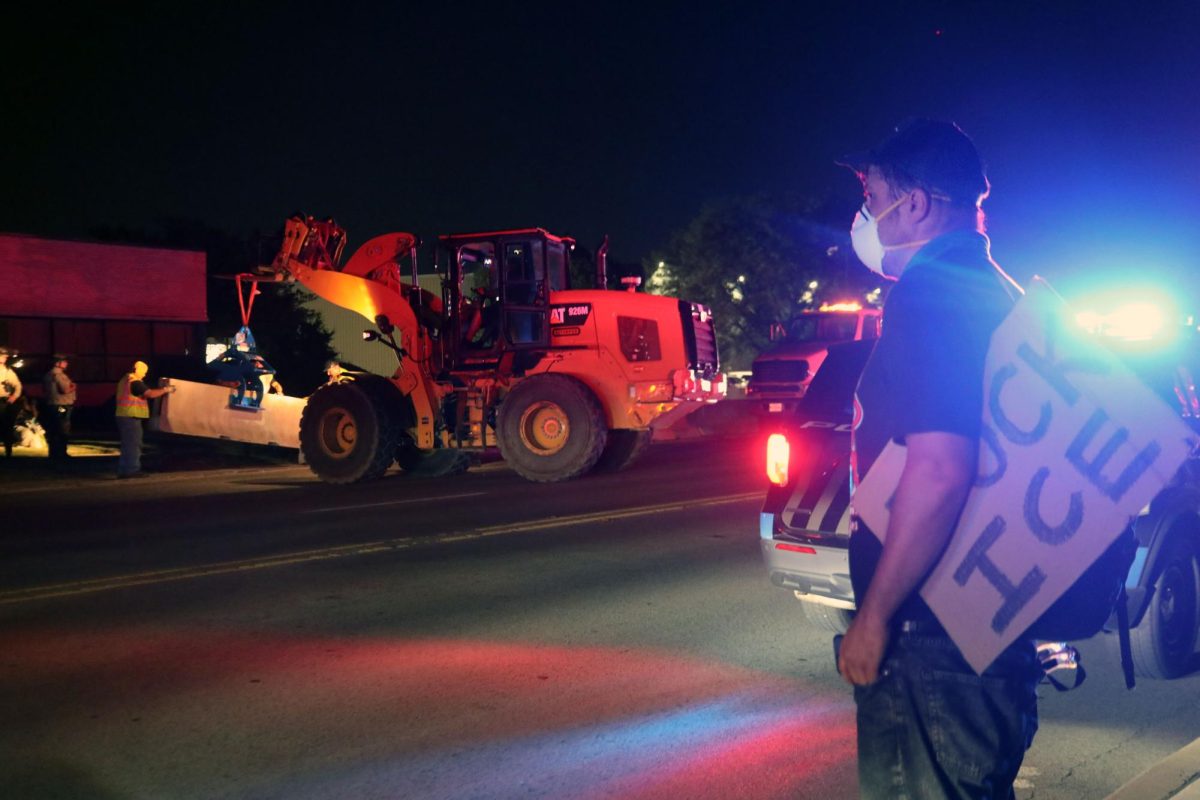




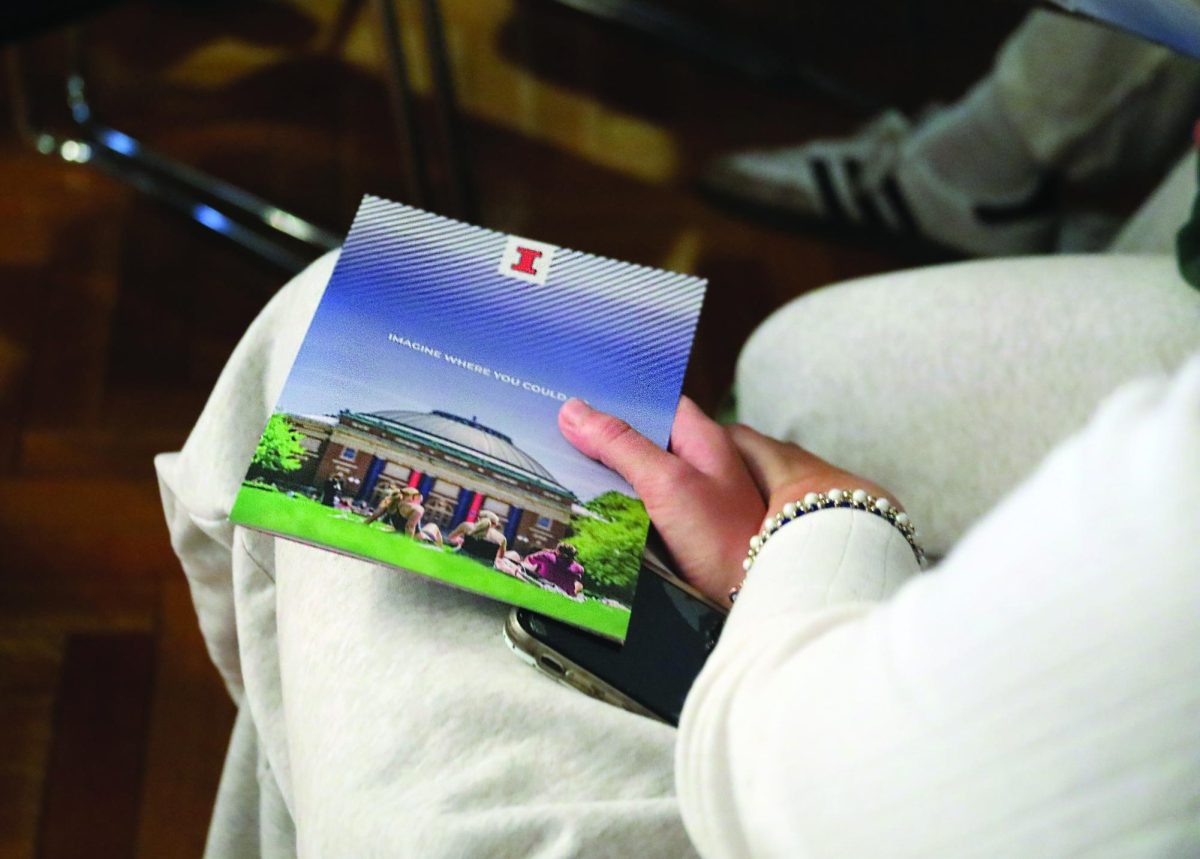
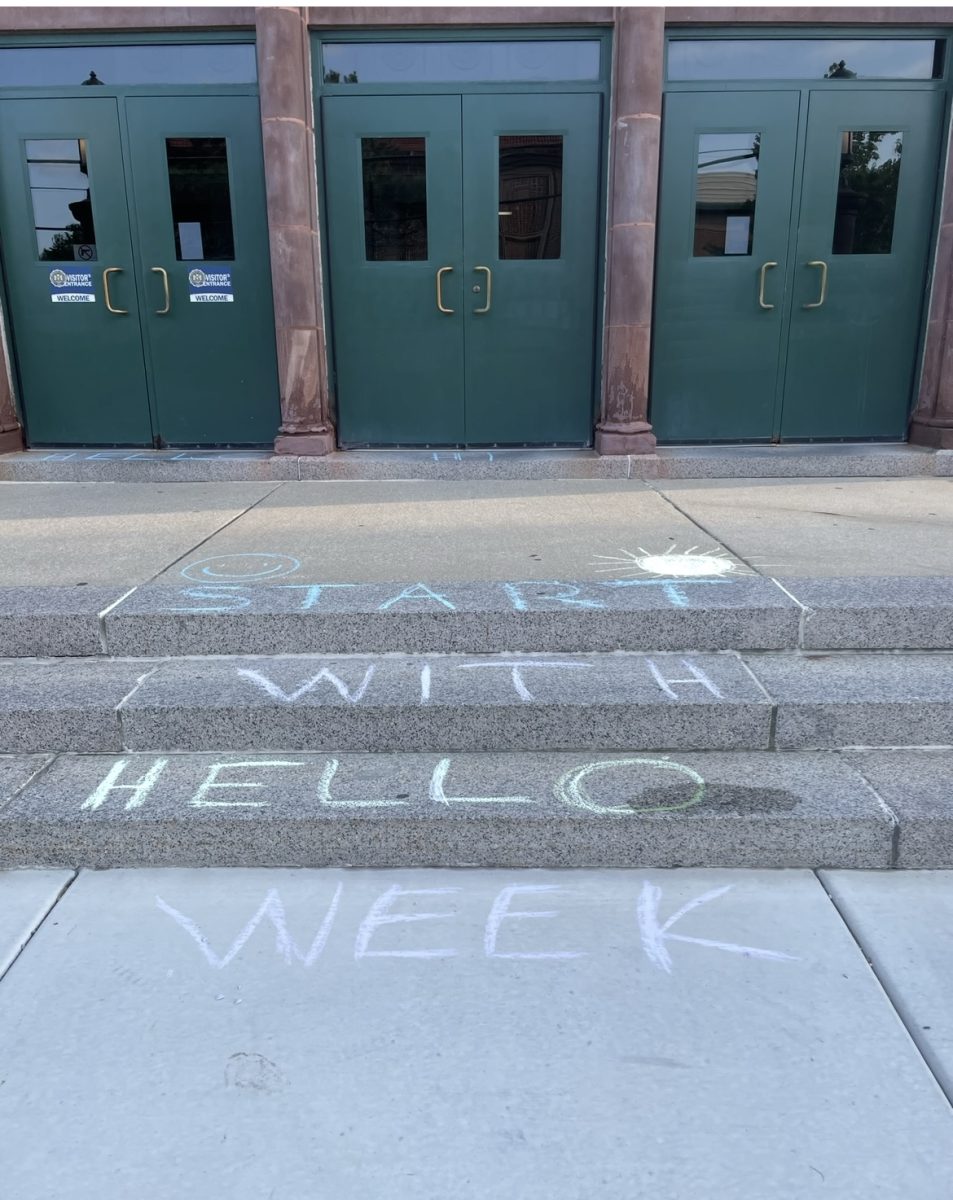

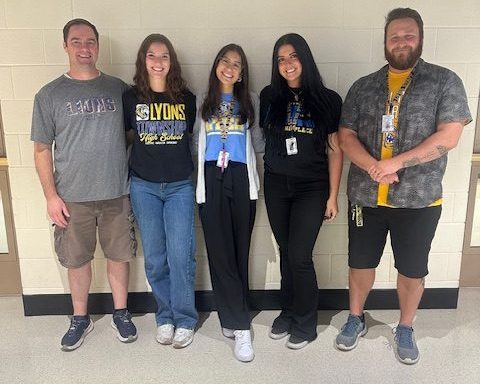
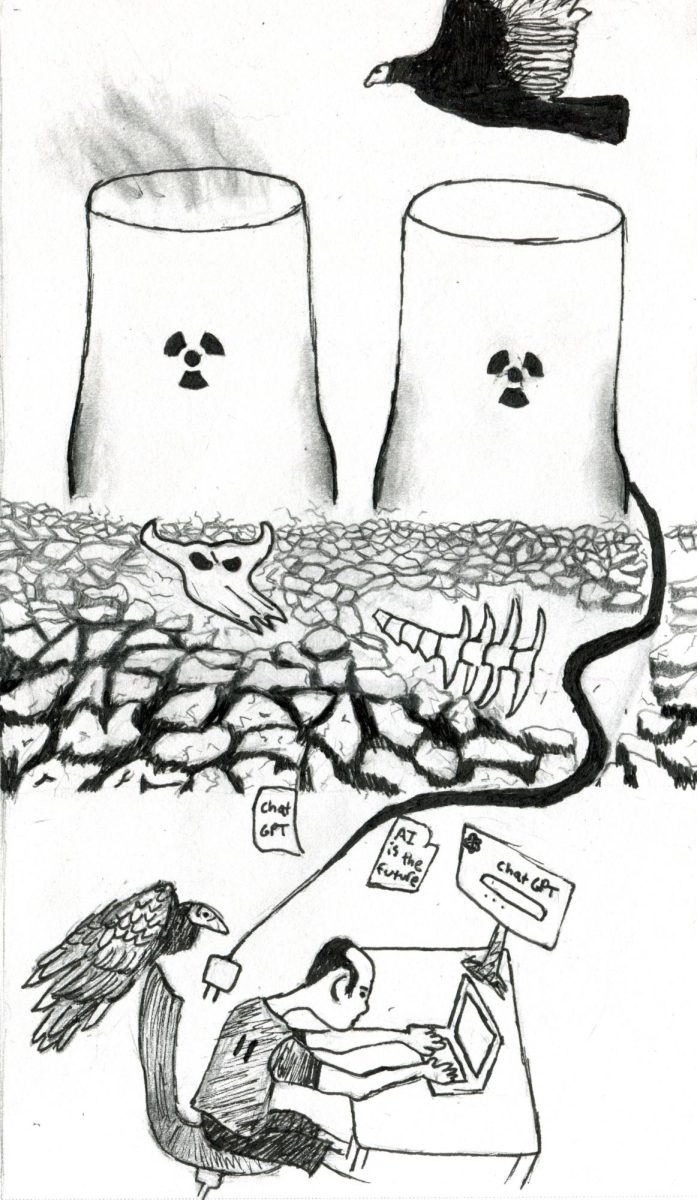
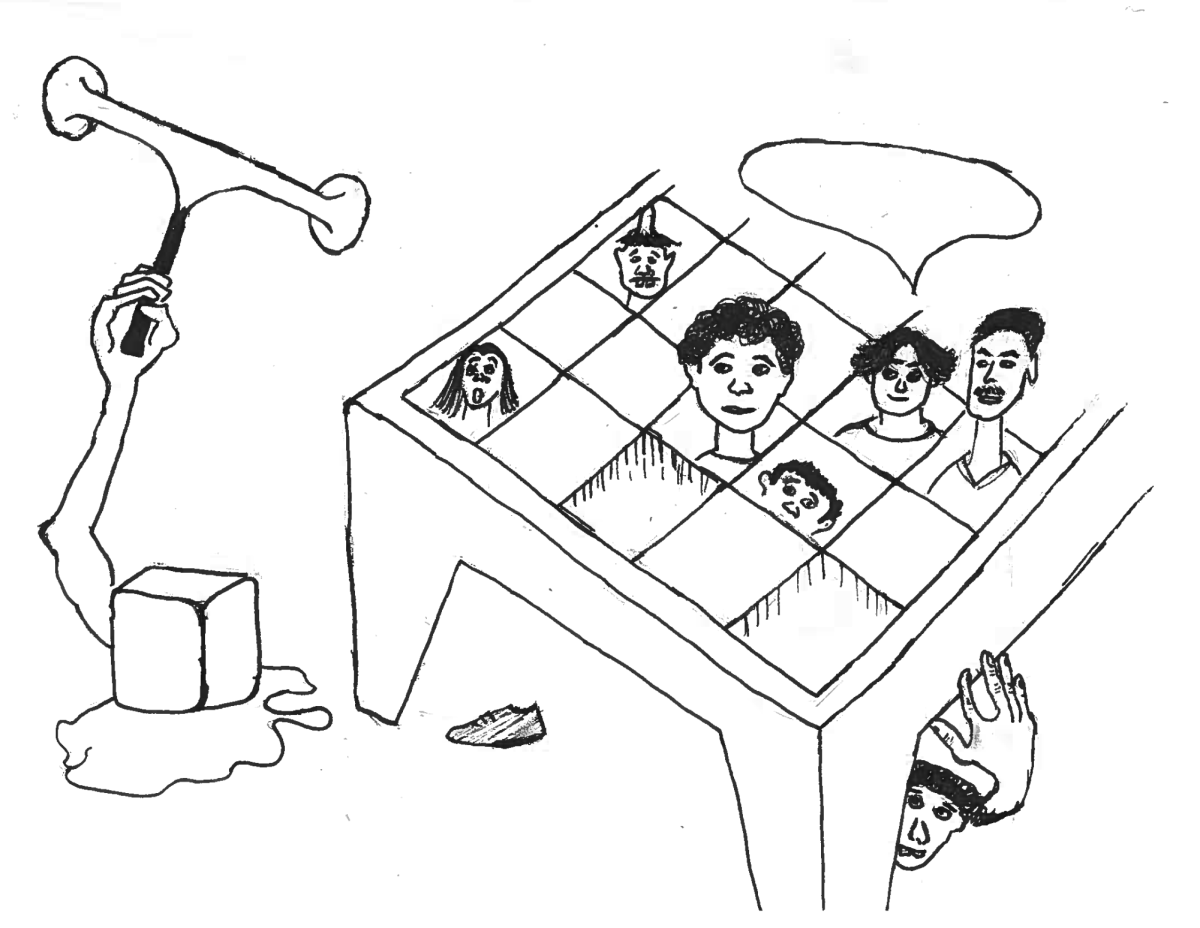
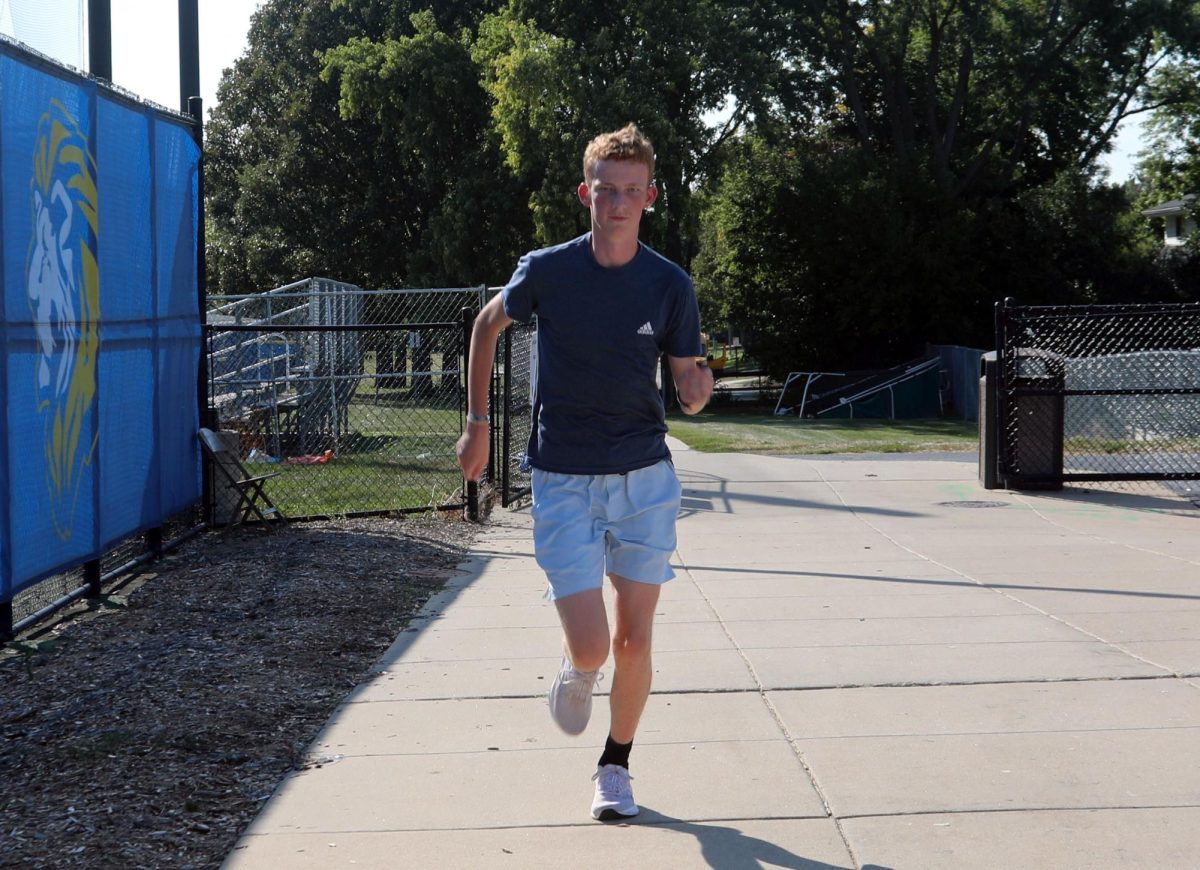

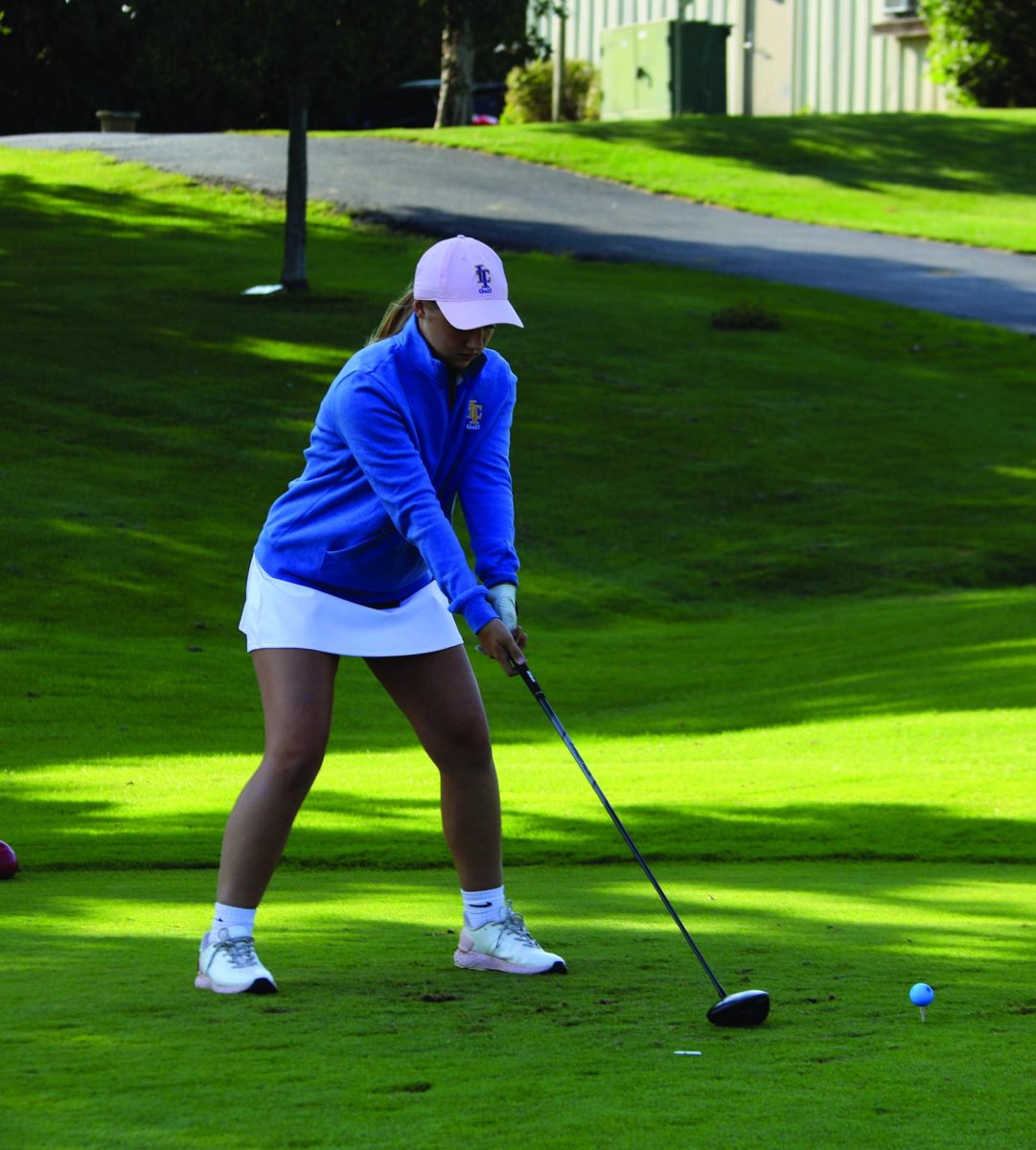




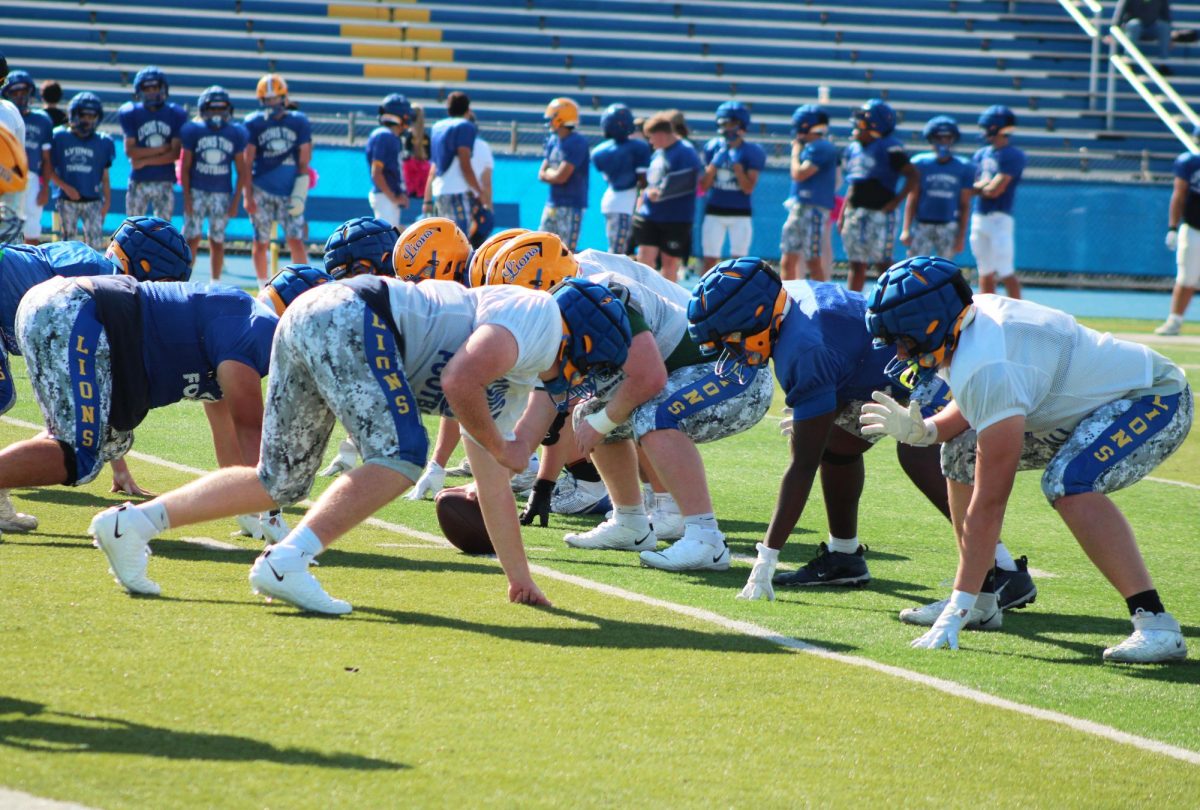





![Movie poster for '[Rec]" (2007).](https://www.lionnewspaper.com/wp-content/uploads/2023/04/rec-640x900.jpg)


